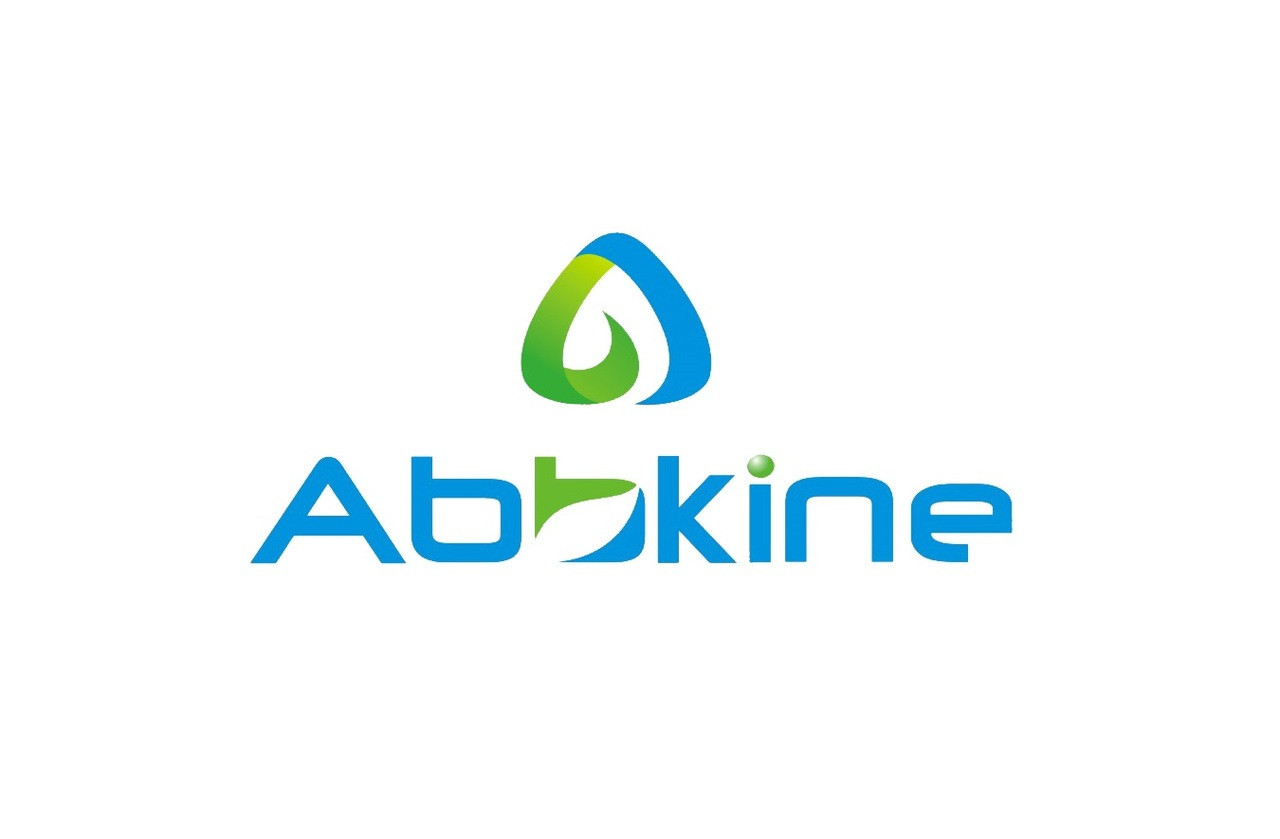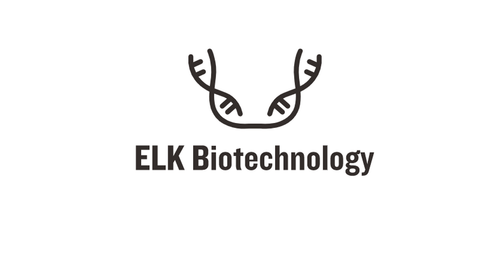Product Description
Rat Pulmonary Surfactant-associated protein D (SP-D) ELISA Kit | KTE100264 | Abbkine
Application: This Rat Pulmonary Surfactant-associated protein D (SP-D) ELISA Kit employs a two-site sandwich ELISA to quantitate SFTPD in samples. An antibody specific for SFTPD has been pre-coated onto a microplate. Standards and samples are pipetted into the wells and anySFTPD present is bound by the immobilized antibody. After removing any unbound substances, a biotin-conjugated antibody specific for SFTPD is added to the wells. After washing, Streptavidin conjugated Horseradish Peroxidase (HRP) is added to the wells. Following a wash to remove any unbound avidin-enzyme reagent, a substrate solution is added to the wells and color develops in proportion to the amount of SFTPD bound in the initial step. The color development is stopped and the intensity of the color is measured.
Detection Method: Colorimetric
Conjugate: N/A
Sample Type: Cell culture supernatants#Serum#Plasma#Other biological fluids
Assay Type: Multiple steps standard sandwich ELISA assay with a working time of 3-5 hours. It depends on the experience of the operation person.
Kit Component: • Rat Pulmonary Surfactant-associated protein D microplate
• Rat Pulmonary Surfactant-associated protein D standard
• Rat Pulmonary Surfactant-associated protein D detect antibody
• Streptavidin-HRP
• Standard diluent
• Assay buffer
• HRP substrate
• Stop solution
• Wash buffer
• Plate covers
Features & Benefits: Rat Pulmonary Surfactant-associated protein D (SP-D) ELISA Kit has high sensitivity and excellent specificity for detection of Rat SFTPD. No significant cross-reactivity or interference between Rat SFTPD and analogues was observed.
Calibration Range: Please inquire
Limit Of Detection: Please inquire
Usage Note: • Do not mix components from different kit lots or use reagents beyond the kit expiration date.
• Allow all reagents to warm to room temperature for at least 30 minutes before opening.
• Pre-rinse the pipet tip with reagent, use fresh pipet tips for each sample, standard and reagent to avoid contamination.
• Unused wells must be kept desiccated at 4 °C in the sealed bag provided.
• Mix Thoroughly is very important for the result. It is recommended using low frequency oscillator or slight hand shaking every 10 minutes.
• It is recommended that all samples and standards be assayed in duplicate or triplicate.
Storage Instruction: The unopened kit should be stored at 2 - 8°C. After opening, please store refer to protocols.
Shipping: Gel pack with blue ice.
Precaution The product listed herein is for research use only and is not intended for use in human or clinical diagnosis. Suggested applications of our products are not recommendations to use our products in violation of any patent or as a license. We cannot be responsible for patent infringements or other violations that may occur with the use of this product.
Background: Surfactant protein D (SP-D) belongs to the collectin family.These proteins are oligomeric proteins composed of carbohydrate-recognition domains (CRD) attached to collagenous regions.Collectins are structurally similar to the ficolins although they make use of different CRD structures:C-type lectin domain for the collectins.The lung is the major site of synthesis of SP-D, where the molecules are produced and secreted onto the epithelial surface by alveolar type Ⅱcells and unciliated bronchial epithelial cells. SP-D is also found in different epithelial cells of the gastrointestinal tract and in epithelial cells of various exocrine glands. SP-D is an important factor in the pulmonary anti-microbial defense. The anti-microbial defense mechanisms of SP-D are direct opsonization, neutralization and agglutination.
Alternative Names: SFTPD; COLEC7; PSP-D; SFTP4; SP-D; collectin 7; pulmonary surfactant apoprotein; pulmonary surfactant-associated protein D; surfactant; pulmonary-associated protein D; surfactant-associated protein; pulmonary
Search name: SFTPD; COLEC7; PSP-D; SFTP4; SP-D; collectin 7; pulmonary surfactant apoprotein; pulmonary surfactant-associated protein D; surfactant; pulmonary-associated protein D; surfactant-associated protein; pulmonary
Tag: SFTPD
 Euro
Euro
 USD
USD
 British Pound
British Pound
 NULL
NULL












